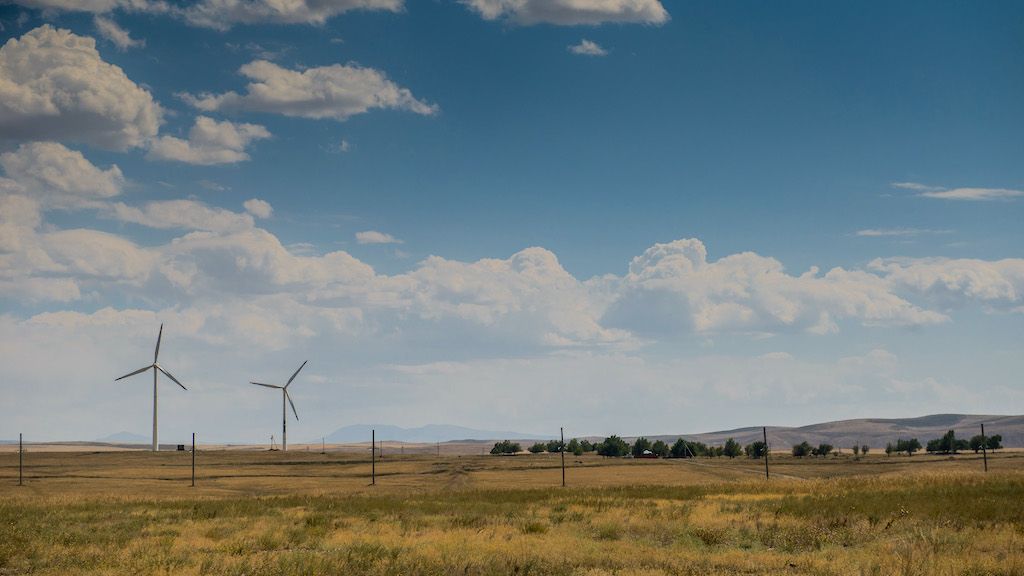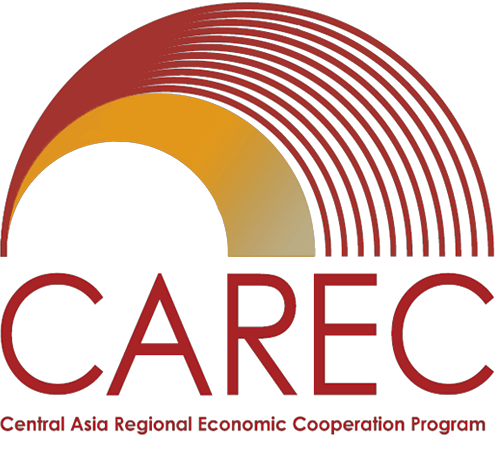Addressing Climate Change, Conflict, and COVID-19 through Regional Public Goods in Asia and the Pacific

From severe heat waves and droughts to devastating floods, 2022 has seen record breaking extreme weather across Asia and the Pacific. In Pakistan, widespread floods have affected more than 33 million people, claiming over 1,400 lives, and displacing over 630,000 people.
These climate impacts, combined with the COVID-19 pandemic and the Russian invasion of Ukraine, have disrupted economies, and slowed growth prospects – disproportionately affecting the poor and vulnerable.
These cross-border crises don’t respect political borders and they’re largely beyond the ability of any single country to address on their own. They must be addressed through collective action – and more specifically, through regional public goods.
Public goods, such as when countries work together to reduce carbon emissions to stabilize the climate, are defined by two characteristics – they are non-excludable, meaning it would be expensive or impossible for any single user to exclude other beneficiaries from using the good; and non-rivalrous, implying that any one person using the good does not prevent others from doing the same.
But providing regional public goods, such as investments in climate mitigation, which benefit all members of society, is difficult because of the “free-rider” problem. Governments confronted with the costs of investing in regional public goods tend to weigh which benefits are likely to accrue to their citizens directly vis-à-vis their individual contributions, thus lowering the incentives.
So how can we provide regional public goods in the most effective way?
Multilateral development institutions have a mandate to provide regional public goods by narrowing gaps in knowledge and financing. By facilitating dialogue between their developing member countries, these institutions including ADB can act as honest brokers to enhance trust between their members.
Subregional cooperation programs such as the Central Asia Regional Economic Cooperation (CAREC) Program, the Greater Mekong Subregion (GMS) Program, and the South Asia Subregional Economic Cooperation (SASEC) Program can also play an important role in facilitating the process. Here are three ways they can help.
First, it is important to raise awareness, share knowledge and best practice with developing member countries on how to provide regional public goods. In CAREC, PRC has relatively advanced technology and practices in climate change adaptation and mitigation, and disaster risk management. Kazakhstan has set ambitious targets to reduce its overreliance on fossil fuels. Kazakhstan and the Kyrgyz Republic have been working together to monitor air pollution using harmonized standards under the Almaty-Bishkek Economic Corridor. Regular knowledge sharing among the GMS, CAREC and SASEC programs also helps ensure they are better informed of the priorities and actions under each subregional program, facilitating collective action across subregions.
Second, it is crucial to identify high impact regional projects that support regional public goods and build a robust pipeline. These projects, supported by targeted and tailored project design, can help developing member countries address transboundary challenges more effectively. They should also factor in climate change and the decarbonization agenda. It is key to operationalize regional public goods through creating bankable regional public goods projects on the ground. This involves efforts of all stakeholders—governments, the private sector, civil society, and development institutions. Ongoing dialogue bringing together all stakeholders is essential to fostering cooperation for regional solutions that earn buy-in both at country and regional level.
Third, they need to deploy innovative financing, including from public and private sources, to fund regional public goods. ADB has created innovative financing mechanisms to help its developing members fight COVID-19. The CAREC secretariat is also working with CAREC countries to provide innovative financing solutions on public goods.
In April 2020, ADB created a $20 billion package – the COVID-19 Pandemic Response Option (CPRO) – to help counter the macroeconomic and health impacts of the pandemic. At the end of that year, the bank announced a $9 billion Asia Pacific Vaccine Access Facility (APVAX), offering rapid and equitable access to COVID-19 vaccines. CAREC countries received $3.4 billion in CPRO support and $565 million in APVAX funding, which helped strengthen their positions and minimize cross-border contagion of COVID.
The CAREC Program is also conceptualizing a new regional financing vehicle—the CAREC Green Energy Alliance—to support renewable and energy efficiency projects in the region. This will promote regional cooperation for green growth by addressing climate change. ADB has also developed a CAREC Disaster Risk Transfer Facility to support collaboration and pool resources for disaster risk financing among CAREC countries.
The current economic and geopolitical situation makes the case for regional cooperation in Central Asia even stronger than before. By cooperating with each other, countries in the region can mitigate risks related to logistical chains, food security, and climate change, among others. For example, it is important to strengthen coordination among multiple energy generation and transmission projects such as the Rogun and Kambarata dams in Central Asia, to harmonize standards and reduce climate impacts. Also, improved intraregional connectivity including diversifying logistics links such as digital connectivity would also contribute to low carbon connectivity facilitating regional public goods.
Given the transboundary nature of regional public goods, governments need to think beyond national borders. Low-hanging fruit projects with high payoffs can be a start, but ultimately governments will need to make strong commitments to regional cooperation – and this is now more urgent than ever given the nature of the transboundary threats facing Asia and the Pacific.
This article was prepared by Eugenue Zhukov, Director General, and Xinglan Hu, Principal Regional Cooperation Specialist, of ADB’s Central and West Asia Department.
